


Tohoku
Asia
/
Japan
/
Tohoku
Occupying the northeastern part of Japan's main island, Tohoku is a vast and culturally rich region where ancient traditions and natural wonders intertwine seamlessly. Comprising six distinct prefectures, Tohoku experiences the full range of four varied seasons, from heavy snowfall in winter to comfortably mild summers. Its relative remoteness has been instrumental in preserving the region's authentic character and traditional lifestyle.
Tohoku's culture is anchored in rural traditions, and locals are renowned for their familial warmth and hospitality, despite their challenging cold winters. The unhurried lifestyle enjoyed here provides a stark contrast to Japan's bustling metropolis, while sacred mountains, calming hot springs, and age-old festivals showcase a side of Japan that remains unseen by many tourists.
Tohoku's unique appeal stems from its untouched natural landscapes and distinct seasonal celebrations. The region is most noted for the Nebuta Festival in Aomori, characterized by colossal, glowing floats parading through the city, and Mount Zao's snow monsters (juhyo), where snow-draped trees form an ethereal winter spectacle. The region's culinary highpoints include rapid-fire servings of wanko soba in Iwate and the succulent gyutan (grilled beef tongue) in Sendai.
Not-to-be-missed attractions include Yamadera's historic mountain-side temple complex in Yamagata Prefecture, the serene, pine-dotted Matsushima Bay, and the samurai district of Kakunodate, where the preserved wooden mansions offer glimpses into Japan's feudal history.

Get to Know Tohoku
Take a tour of this destination's highlights
Popular Areas in Tohoku

Travel Tips for Tohoku
What you need to know before traveling here
Getting Around Tohoku
A guide to Tohoku's local transportation
Getting around Tohoku is most efficiently done by train, using a Japan Rail (JR) Pass. It connects main cities via the Shinkansen, while remote areas are accessible through local lines. Remember to get your JR Pass while still abroad as it's only available for international tourists.
Practical Tips for Tohoku
Things to prepare and best way to visit
Each season in Tohoku offers distinct experiences. Summer (June-August) is festival season, spring (April-May) welcomes cherry blossoms, autumn (September-November) boasts stunning foliage, and winter (December-March) invites skiing and snow festivals.
Tohoku doesn't see as much English as big cities like Tokyo. Basic Japanese phrases will go a long way, and translation applications can prove invaluable. Larger cities feature tourist information centers with English-speaking staff.
Expect to spend between 12,000 and 15,000 yen per day, considering accommodation, food, and local transportation. Opting for budget-friendly options such as hostels and local eateries can significantly reduce costs.
While credit cards are accepted at major hotels and restaurants, many local establishments and rural areas operate on a cash-only basis. Always remember to carry enough cash, especially when visiting smaller towns.
Make sure to visit a hot spring (onsen), stay in a traditional ryokan, participate in seasonal festivals, and sample local delicacies like Hirosaki apples, Akita rice, and fresh seafood.
See All Practical Tips for Tohoku

Explore Tohoku
Create your itinerary with our top picks below

Get to Know Tohoku

Travel Tips for Tohoku

Explore Tohoku















![[Northeastern Japan 2-Day Tour] Ginzan Hot Spring, Zao Juhyo & Fox Village (Depart from Shinjuku) | Chinese and English-speaking Guide, 5.801.161 VND](https://ik.imagekit.io/tvlk/xpe-asset/AyJ40ZAo1DOyPyKLZ9c3RGQHTP2oT4ZXW+QmPVVkFQiXFSv42UaHGzSmaSzQ8DO5QIbWPZuF+VkYVRk6gh-Vg4ECbfuQRQ4pHjWJ5Rmbtkk=/8820995158579/-Northeastern-Japan-2-Day-Tour-Ginzan-Hot-Spring-Free-Hot-Spring-Ticket-for-Hot-Spring-Day-Trip-Zao-Juhyo-Fox-Village-%2528Depart-from-Shinjuku%2529-Chinese-and-English-speaking-Guide-875e4589-ff4f-4a5a-8caf-dc50c97b85f4.jpeg?_src=imagekit&tr=c-at_max,h-456,q-60,w-256)

![[10% Off] Mogami River Boat Sightseeing Cruise | Yamagata, 520.458 VND](https://ik.imagekit.io/tvlk/xpe-asset/AyJ40ZAo1DOyPyKLZ9c3RGQHTP2oT4ZXW+QmPVVkFQiXFSv42UaHGzSmaSzQ8DO5QIbWPZuF+VkYVRk6gh-Vg4ECbfuQRQ4pHjWJ5Rmbtkk=/8302930754437/-10-Off-Mogami-River-Boat-Sightseeing-Cruise-Yamagata-14bac788-d580-4f6d-8971-347dd196ce0d.jpeg?_src=imagekit&tr=c-at_max,h-456,q-60,w-256)





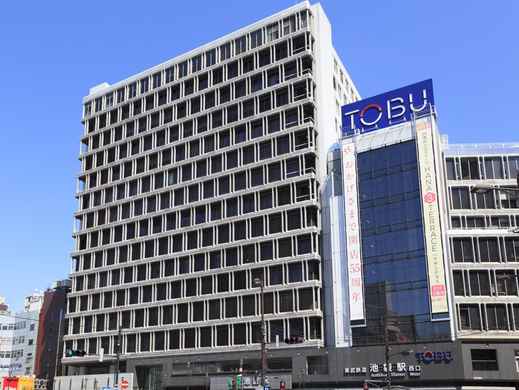

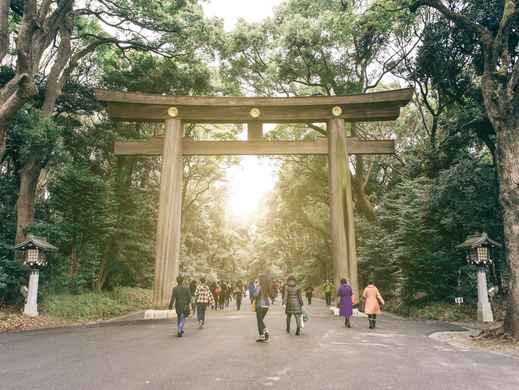

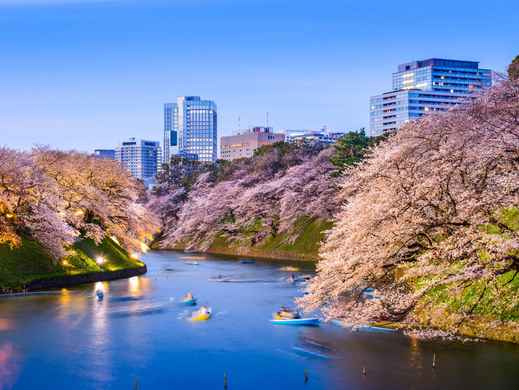
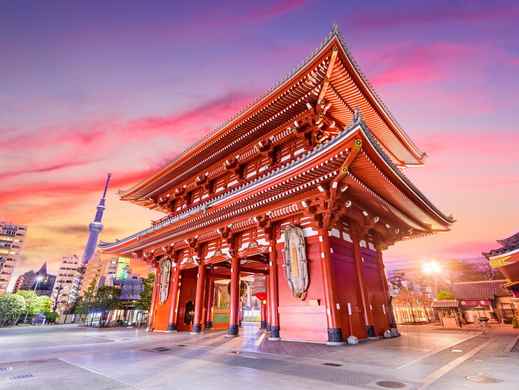

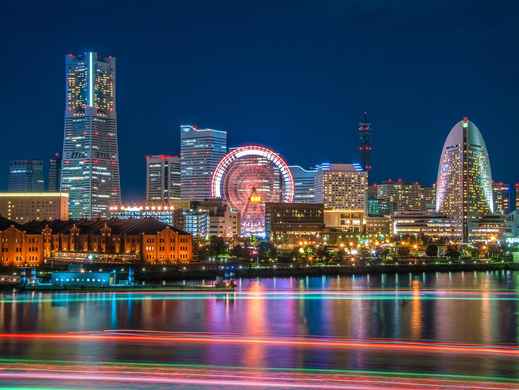


 Facebook
Facebook Instagram
Instagram TikTok
TikTok Youtube
Youtube Telegram
Telegram
